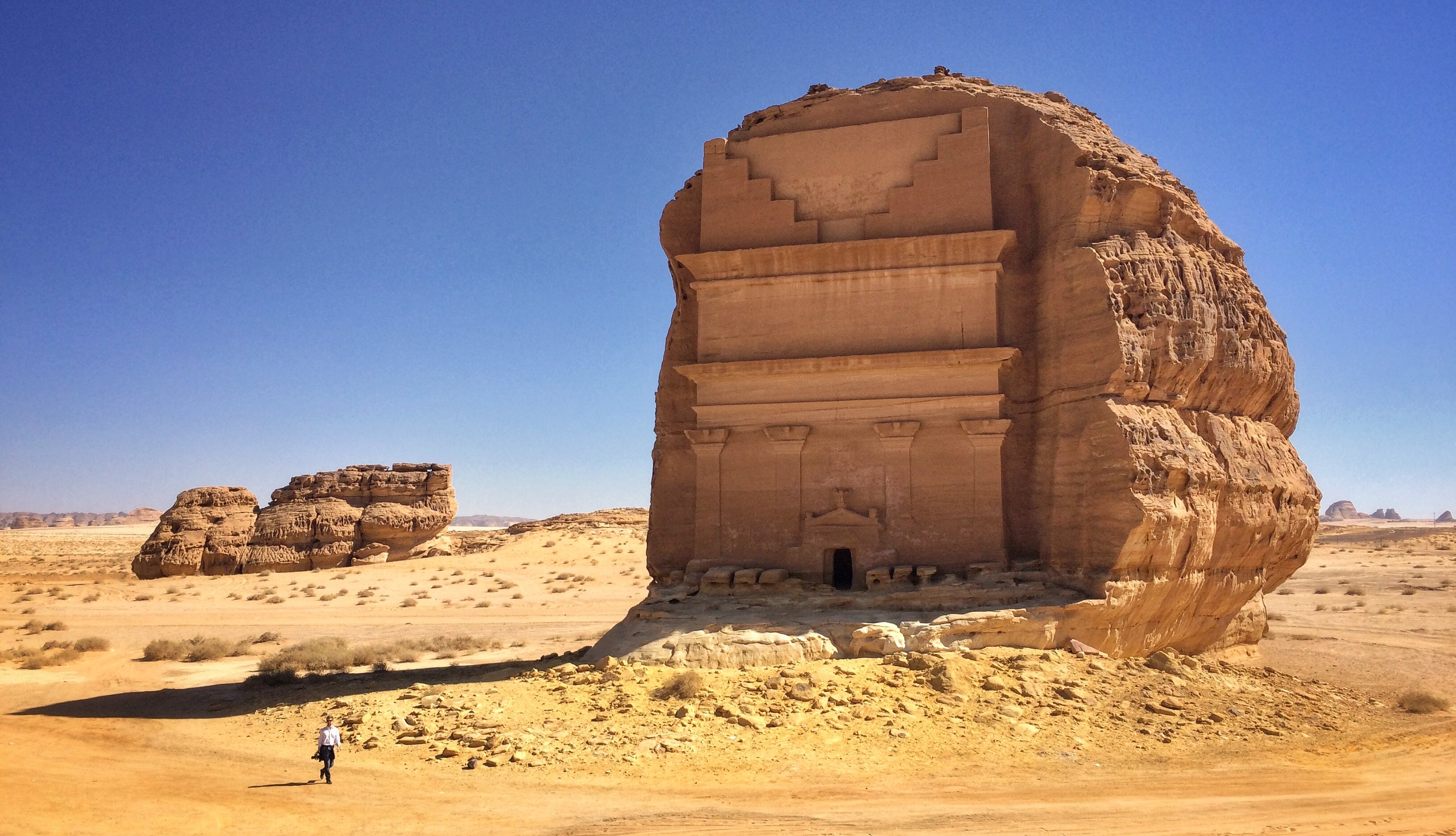🇸🇦map Saudi Arabia [Overview]

Saudi Arabia, known in Arabic as al-Mamlaka al-Arabiya as-Saudiya, spans most of the Arabian Peninsula between the Red Sea and the Arabian Gulf. It shares borders with Jordan, Iraq, and Kuwait in the north and northeast, and with Qatar, the United Arab Emirates, Oman, and Yemen to the south and southeast, placing it at the heart of the Gulf Cooperation Council. The population is among the largest in the Middle East, with citizens and long-term residents spread across fast-growing cities like Riyadh, Jeddah, and Dammam as well as historic centers such as Mecca and Medina. A distinctive feature of the country’s story is how camel caravans and desert trading routes shaped social life for centuries, laying foundations for today’s hyper-connected logistics and commerce hubs.
Saudi life exists between desert tradition and modern urban momentum. Within living memory, many families moved from nomadic and village life into expanding cities as oil wealth transformed the economy and landscapes starting in the 1950s. That massive shift didn’t erase older identities—it layered them. People still reference Bedouin heritage, oasis farming roots, and merchant lineages, even as they work in corporate towers, universities, and high-tech parks. You’ll feel this blend in daily rhythms: strong family ties and hospitality alongside ambitious development, new infrastructure, and a growing taste for global culture.
Economy
Work in Saudi Arabia touches every layer of a modern economy, from energy and petrochemicals to construction, logistics, finance, and government services. Oil accelerated the country’s growth, but it also pulled people into cities and diversified opportunities—what began as wage labor in oil towns evolved into roles across the private sector, public administration, professional services, and entrepreneurial ventures. You’ll meet engineers and project managers, but also educators, healthcare professionals, and a dynamic service workforce that includes many guest workers who fill roles from skilled trades to middle management.
The country’s resources extend beyond hydrocarbons to include strategic geography, ports on two seas, and large-scale infrastructure that links cities and industrial zones. Regionally, Saudi Arabia anchors the GCC and engages widely in international business and diplomacy, positioning itself as a connector between Asia, Africa, and Europe. This outward orientation shows up in its airlines, logistics corridors, and the diverse expatriate community supporting major projects. Whether you’re coming for corporate expansion or remote work with regional clients, you’ll find a business environment that’s increasingly streamlined and outward-looking.
Culture
Arabic is the dominant language across public life, media, and business, while English is commonly used in corporate settings and among expatriates. Most citizens identify as Arab and Muslim, with deep ties to tribal and regional histories, and a strong sense of kinship that shapes social and professional networks. The land’s story stretches from ancient caravan trade and the domestication of the dromedary to the spiritual centrality of Islam; Mecca and Medina make the kingdom a focal point for millions of pilgrims each year and anchor religious practice nationwide.
Interests are a mix of tradition and modernity: family gatherings, coffee and dates, and hearty rice-and-meat dishes sit comfortably alongside sports, shopping, travel, and cultural festivals. Islam guides daily life, and charitable giving (zakat) remains a respected social duty supported by both individuals and organizations. Nationally observed occasions include religious holidays like Eid al-Fitr and Eid al-Adha, along with contemporary celebrations such as the kingdom’s national festivities. For newcomers, the combination of hospitality, faith, and rapid development makes Saudi Arabia both culturally rich and full of opportunity.
Ahmed
Ahmed is a business development consultant and cultural advisor originally from Dubai, UAE,
with over 14 years of experience in Middle Eastern markets and international corporate
expansions. Having worked for major multinational corporations and regional conglomerates across
the Gulf Cooperation Council countries, Ahmed has extensive experience facilitating the relocation
of international talent to the UAE, Saudi Arabia, and other key Middle Eastern markets.
Published: 2025-06-09